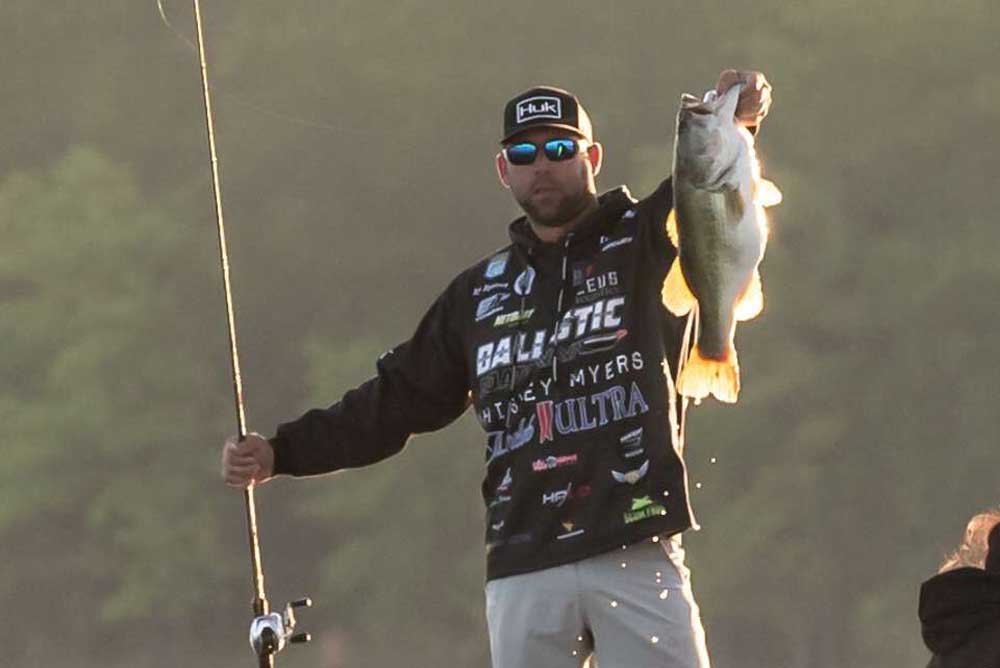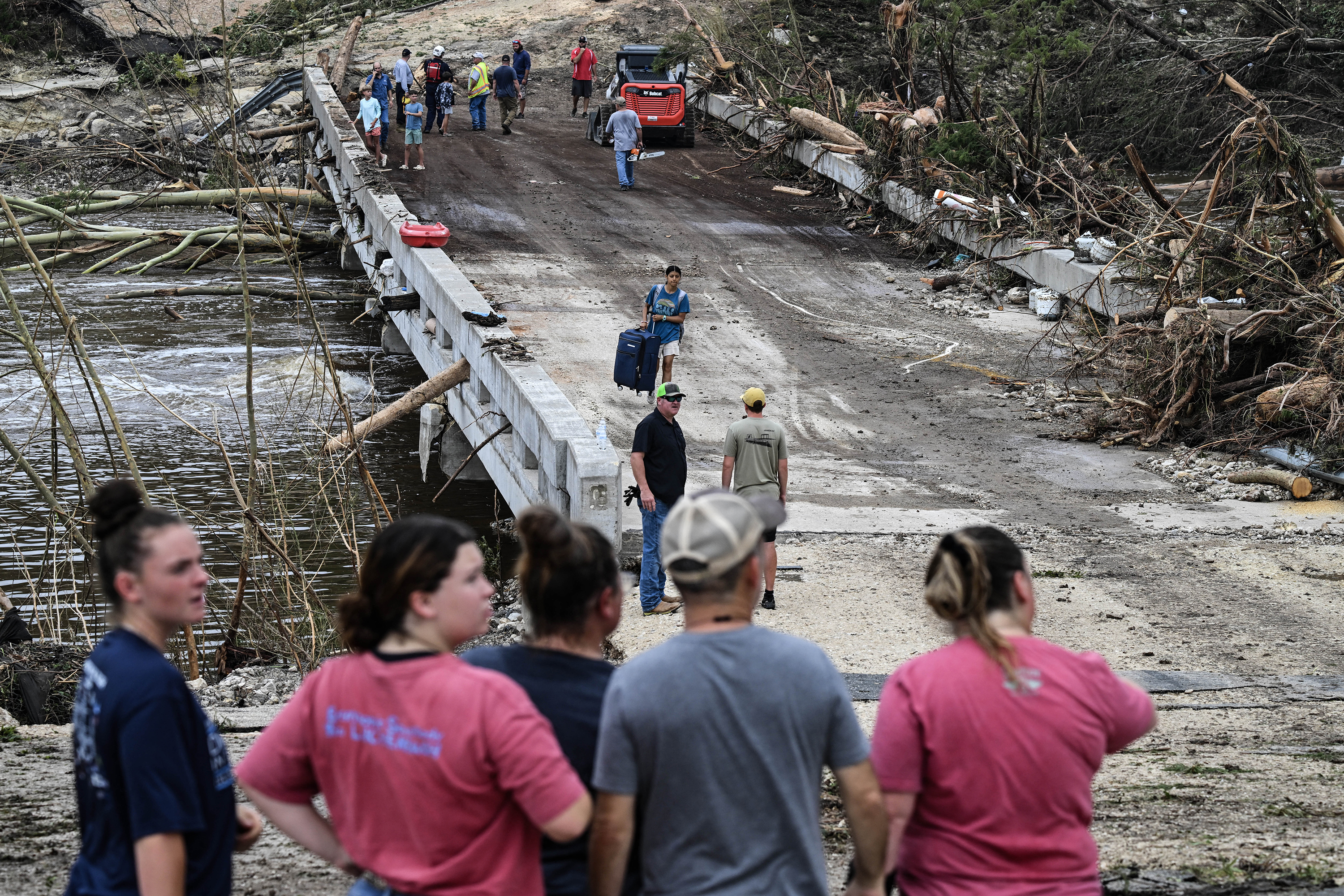Good As Gold: B.A.S.S. Pros Prove Again Lake Fork Is ‘Still Good’
Published 2:30 pm Saturday, May 8, 2021

- Longview’s Lee Livesay opened the championship round with a 9-2 on the way to a 112-5, four-day stringer and a win in the Guaranteed Rate Bassmaster Elite Tournament.
I realize a lot of locals do not, but I always look forward to when the pros come to town. More than anything else, they are a barometer of how a lake is doing, and in the case of Lake Fork it looks like it is still excellent.
Sure, Fork lost the Toyota ShareLunker race this season to a hot O.H. Ivie, but after Longview’s Lee Livesay posted a four-day total of 112-5 to win the Guaranteed Rate Bassmaster Elite Tournament on Fork two weeks ago, there was little doubt about the lake’s condition.
Making it to the final round of 10 in fifth place, Livesay stormed to the lead Sunday opening with a 9-2 just minutes into the morning. Less than 40 minutes later he added a 7-6, and before the day was over also boated an 8-15, 8-14 and 7-14, culling another 7-plus along the way. All in, he officially weighed 42-3 for the day, but actually caught 10 fish totaling 61-9.
He finished the tournament 10 pounds ahead of Patrick Walters, who weighed 102-5. Walters had started the day in fourth, but only had 31-3 in the championship round.
Livesay earned the $100,000 first prize fishing post-spawn bass in Little Caney Creek. His go-to baits were primarily swim baits and jerk baits, but his biggest bass came on a Heddon Saltwater Super Spook.
Livesay stayed in the top 10 throughout the tournament, finishing the first day in seventh with 25-6, and in ninth after two days with a total of 43-4, including a second-day total of 17-14.
“It is still good,” Livesay proclaimed of Fork several days after the tournament.
Livesay has been fishing Fork since 1996, and still guides on the lake. Prior to joining the Elite tour he was guiding more than 300 days a year, and was back out with clients the entire week after bringing the championship trophy home. He said local knowledge provided him a little edge against some of the best fishermen in the world who are able to figure out any lake instantly.
“There are a lot of points where you can catch a fish or two, but they are 3- or 4-pounders. I knew everyone would figure that out. I knew I needed some points with big fish, and ones that were good with a southwest wind or a northeast wind. It kind of helped me knowing where I could catch above-average fish, but I was not able to until the fourth day,” Livesay explained.
He said his plan became to fish the first two days just to be in position for day three to qualify for the final round and at least a $10,000 pay day.
“I just fished kind of fished conservatively the first two days to stay in the cut. Besides what I did last two days wasn’t effective,” he said.
Livesay said his target ended up being post-spawn bass gorging on spawning threadfin shad the first two days. As the temperatures warmed up the last two days, he started finding bigger bass feeding on spawning gizzard shad.
Jake Norman, Texas Parks and Wildlife Department Inland Fisheries district biologist, said he was not surprised by Livesay and Walters’ 100-pound stringers.
“If it had been warmer weather, I think they would have been catching 35 to 42 pounds a day all week long,” Norman said.
The biologist said the post-spawn/shad feed is not unique to Fork, but it does not happen everywhere. He said when the conditions are right for it, fishermen have a good chance of catching bigger bass.
“The big fish are still in the lake and there are certain times of the year they are very vulnerable. After spawning for a few weeks, they are on really shallow bars, just up recovering. When the bait washes over the bar, they are up there feeding,” Norman said.
While Livesay said knowing the lake helped him secure the win, it usually does not work that way. Seldom do fishermen with local knowledge win in the top-level tournaments. In four previous B.A.S.S. events on Fork, Livesay finished 50th, 32nd, 28th and ninth.
“They don’t fish the current conditions and fish too many spots. I tried to slow down,” Livesay said.
According to B.A.S.S., Livesay’s championship round weight was the third-best all-time behind Dean Rojas’ 45-2 on Lake Toho in 2001 and Terry Scroggins’ 44-4 on Falcon Lake in 2008.
Following the win and a week at his regularly guiding job, Livesay was back on the road to Alabama’s Neely Henry Lake newly minted as the 32nd B.A.S.S. fisherman all-time with a 100-pound-plus tournament limit.






